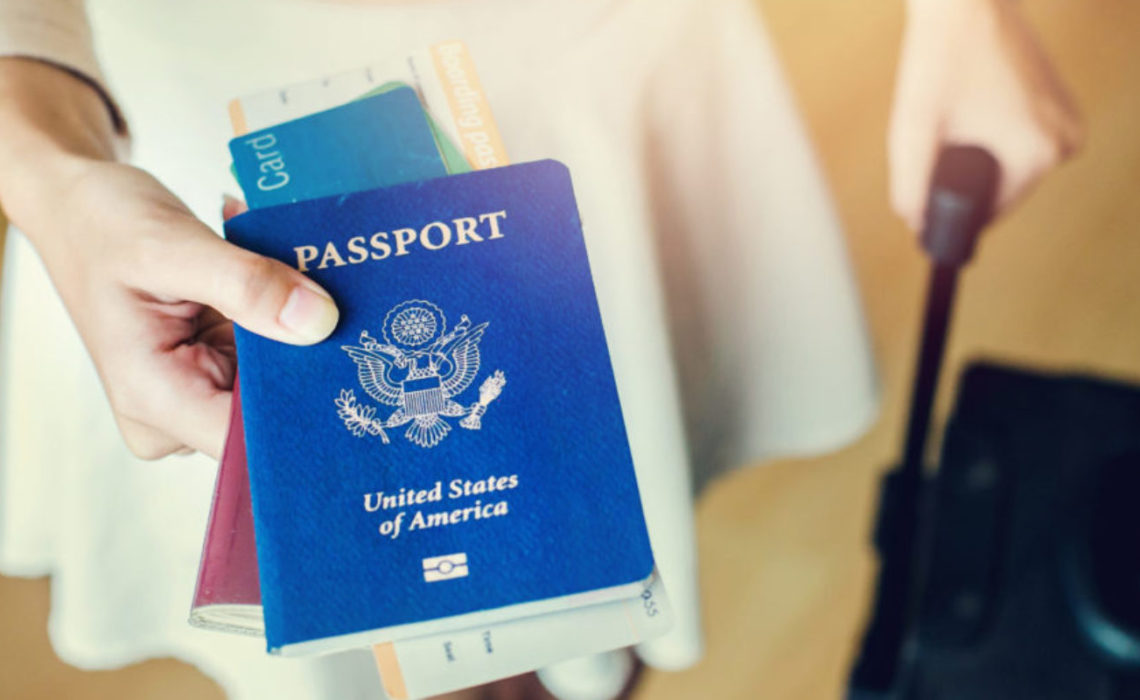
You might also like:
An overwhelming majority of US and Canadian travellers (99%) are eager to travel again, with 70% stating they plan to take a holiday in 2021, according to a Travel Leaders Group survey of nearly 3 000 frequent travellers.
The survey was conducted in September in conjunction with the World Travel & Tourism Council (WTTC), which represents the global travel and tourism private sector.
Results indicate that 45% of respondents have already made plans or are starting to make finite plans for their next holiday, while 54% say they are dreaming of when they can travel again.
“These are really strong numbers. The fact that 99 percent of travellers surveyed said they were planning a trip or looking forward to the time they could travel again, indicates that as concerns about COVID-19 are addressed, leisure travelers will lead the recovery,” said John Lovell, President of Travel Leaders Group.
In the survey, 23% of respondents said they planned to travel by the end of 2020, 70% said they would travel in 2021, with just 18% saying they would resume travelling in 2022.
“Consumer uncertainty about the risk of exposure or concerns about being quarantined is a core problem,” said Gloria Guevara, WTTC President and CEO. “With rapid testing to replace quarantine requirements, enhanced contact tracing and industry-wide standards by a sector that can be clearly communicated to the public, we can help alleviate many of those concerns.”
More than half of travellers surveyed said they were concerned about the risk of being infected when travelling by air or cruise ship, getting stuck while away from home or being quarantined on a cruise ship or at a hotel. A lesser number named concerns about them or a family member contracting the virus while travelling, worries about getting a refund if the trip was cancelled, and concerns about family members with higher risk health conditions.
Safety initiatives would motivate travel
A majority of survey respondents said the following health and safety initiatives at airports, aboard aircraft and at resorts would make a big difference in their decision to travel in the future – mandatory masks, social distancing, enhanced cleaning, temperature checks and access to sanitising gel. For resorts, contact-free services and customisable room cleaning were also cited.
“Our industry needs to do more to inform potential travellers about all the health and safety protocols that have been implemented across the industry and continue to standardise those protocols to restore consumer confidence in travel,” said Lovell. “Airlines, airports and cruise lines have made major strides in the health and hygiene measures they have taken in close consultation with the world’s leading medical experts. We need to share that story with the traveling public.”
Nearly 60% of respondents said the requirement of a negative PCR test prior to arrival in a destination would make no difference or would be viewed as a positive, while about 40% said such a requirement would be a deterrent.
Those concerns could be addressed with rapid testing, Lovell said. “We believe the widespread availability of rapid testing will result in greater acceptance of pre-trip testing and encourage more people to travel.”
Destinations
Most of those surveyed who said they planned to take a holiday, said they would fly to their next holiday destination (47%), 21% would drive, 17% said they planned to take an ocean cruise, with 5% opting for a river cruise.
Europe (38%), the Caribbean (34%) and Mexico (15%) were the top-ranked international destinations of interest, followed by Canada (for US travellers), Central and South America, Australia, Africa and Asia.
The survey results were validated by Travel Leaders Group’s online enquiries.
Source: tourismupdate.co.za
